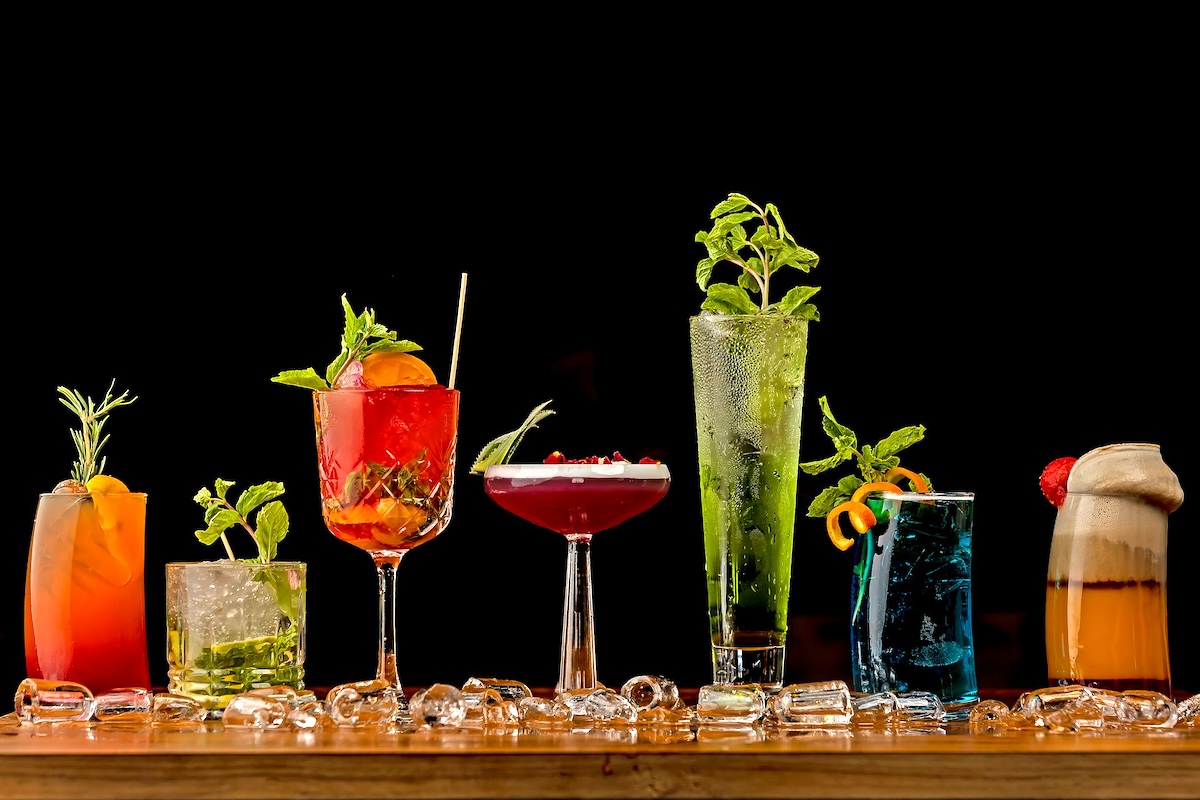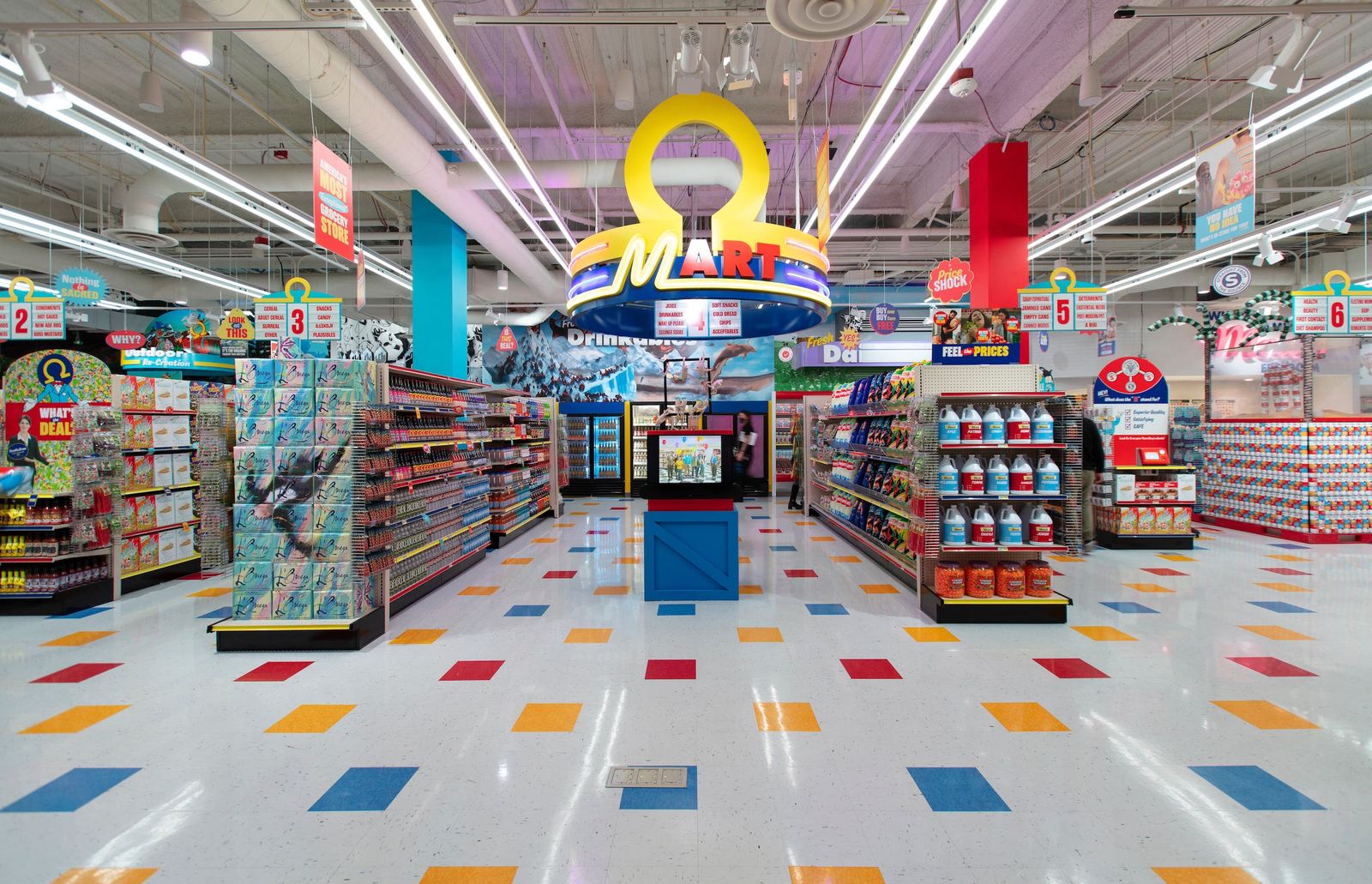Skift Take
There’s something killing intelligent conversation these days. And the irony behind it is that people think using these words makes them sound more intelligent. It’s time we put an end to these overdone buzzwords. Join us in our quest to identify the 35 most annoying buzzwords in the event industry.
One of the first things any content creator will tell you is to stay away from meaningless words that sound powerful but lack punch. Words like “synergy” and “core competency” turn people off and make them immediately think of corporate robots. Unless you’re hosting an event with a theme of “Robot Event Planners from the Future,” stay away from these 35 industry buzzwords.
##abovethefold##
Why Are Buzzwords Bad?
They’re catchy, fun to say, and memorable. So why are they so bad?
First, the buzzwords referred to here are not event industry jargon. Jargon describes terms that are used within the industry. People outside of the event industry likely have no idea what those types of terms mean to you and those you work with. These words are necessary tools of the trade. However, buzzwords are overused, empty terms that don’t mean anything to anyone. They make people tune out unless they’re reading them on talkliketheboss.com, which is amusing if you ever have the time.
Buzzwords are bad because:
- They alienate people. You don’t care enough to use real language. (I could’ve used “authentic language” here but that would’ve been inauthentic.)
- They mask basic meanings behind fancy words. No, buzzwords don’t make you sound like you have an MBA, even if you do.
- They’re so 1980s. Seriously.
- They make your business sound like a Saturday Night Live comedy farce. That’s never good for business.
- They can look like a sleight of hand trick. Look closely at my fancy words. Pay no attention to the strings on my puppets or the fact I have not paid you yet.
- Buzzwords dehumanize serious moments. Do not use them at all but if you must, don’t employ them during times of difficulty or conflict. And for the love of goats, always avoid using them to address attendee or sponsor complaints. A former boss of mine once told a team member whose area was being phased out and he was losing his current position not to worry because management would “solve” for him. The employee wasn’t the problem that needed to be solved.
35 Buzzwords Event Planners Should Avoid
- Buy-in. Think you need to get buy-in from a client? Think again. They’re already paying for the event. What more is there to “buy.”
- Empower. Empower can be an empowering word when you are actually empowering someone to do something. If you’re using the word “empower” to mean do, you need to start over. You’re not “empowering” your staff to get the job done. You’re communicating your expectations. It’s probably best to leave the empowering to non-profits anyway.
- Epic. Are you hosting an epic event? According to Dictionary.com, you can use it to mean the previously misused word “awesome” but I’m a purist. Unless you are a preteen boy or you are really hosting an event that is “heroic; majestic; impressively great,” then use a different word.
- Disruptive. Again, an overused word. Unless you are doing something that is going to make everyone question something extraordinary, you need to save this one for another day.
- Value-added. Is “value” an ingredient that you’re parsing out like cinnamon? All of your event offerings should be valuable. A “value-added” event is simply redundant. Why wouldn’t you have value in your event?
- Literally. For the love of great cheese, please stop using this word when you mean figuratively. Do you really want to literally eat a horse? You better change that order with the caterer. (Okay, not really a buzzword but some days it sure does feel like one. That and exclamation points. But since this is about words and not punctuation, I’ll leave them off the list.)
- Entrepreneurial and innovative. There is nothing wrong with either of these words as long as they are being used in context. Are you creating your own version of an event start-up or are you taking on greater than normal financial risk in a rarely-seen-before event premise? Or are you using these as buzzwords to attract wanna-be entrepreneurs? There’s a fine line between marketing and misleading.
- Out of the box. Do I really need to explain this one? It’s a cliche that has been used so many times that “out of the box” is now “in the box.”
- Circle back. This term is used when you don’t want to talk about something. The problem with this phrase is that it’s usually not proceeded with any definitive time. Instead, be more direct. Say, “Let talk about this in Tuesday’s walk-through.”
- Gluten-free. This buzzword is on every event planner’s mind these days and it’s on the list not because it isn’t a valid concern, and important to your attendees. But isn’t there a small part of you that just wishes you could go back to simple one-size-fits all menus instead of multiple and complex dietary requests? Those days are gone. Personalization takes the cake (and gives us fodder for bad puns).
- Balloons. Okay, this one isn’t a buzzword but occasionally wouldn’t you love to have a client who didn’t want balloons at a celebration and was willing to experiment with different aerial decorations?
- Relationship building. Mea culpa. I use this one all the time. But let’s be honest. We’re not building relationships with attendees. We’re building connections at best. But the word “relationships” sounds so much more solid and personable and that’s why we all use the phrase.
- Client-focused. What else would you be? You might argue that you are attendee-focused but ultimately that is being client-focused because impressing attendees and selling lots of tickets is good for your client.
- Data-driven. The only reason this word made the list is because obviously unless you are an analyst, you probably hate it. However, it’s extremely important to create personalized events and how are you going to get there? By analyzing data, of course. Which makes them…let’s say it together… “data-driven.”
- Storytelling. This is another one that makes event planners bristle. Not negating its importance. Merely pointing out that the members of its fan club are small. Doesn’t get you off the hook though. Storytelling is essential.
- Forward-thinking. As opposed to backward-thinking, of course. This term is used mainly in marketing collaterals and speeches by clients who don’t know what they’re talking about. It’s time to put this one to bed and think outside the box. (Just kidding,)
- Open the kimono. Wrong. Just wrong. Say what you mean instead and we hope you don’t literally mean “open the kimono.”
- Ducks in a row. Yes, event planners must be organized but there will never be ducks in a row at a squirrel rodeo.
- Squirrel rodeo aka herding cats. This is on the list because there are probably people out there who find this annoying or degrading to cats but sometimes it’s the only job description that fits the event industry and it’s pretty funny. Haven’t you had days where you felt like you were herding cats?
- Game changer. Is it? Is it really? See #7 and #3.
- Big boy/girl pants. This is usually said in a snarky way to mean “grow up” or challenge yourself. It’s condescending and while people may laugh when you tell someone to put them on, it’s a conversation best not had.
- Face time. Face time means spending time with someone in person but since it’s also an app, let’s just avoid the confusion.
- Touch base. I wish this phrase was a cool as it sounds. Touching base when you’re playing tag is a fun win. But touching base in events is often said with the same delivery of a deadpan, monotone manager on The Office. Instead, it means checking in with someone, which for the record, is not nearly as fun as playing tag.
- Killing it. This one makes me cringe because when used at the wrong time, like right after a tragic occurrence, you can create a PR disaster that is difficult to come back from.
- On my plate. In reference to things you’re currently saddled with and signifies a finite amount of space or items you can handle. If you talk that way, you’re just going to make people hungry.
- Beamer. Another word for a projector but it always makes me think of a BMW.
- Cash bar. This might not be a buzzword but it’s definitely a phrase everyone hates.
- Hyperlocal. There’s local and there’s far away. What in the world is hyperlocal? The room you’re in? How do you get more local than local?
- Farm-to-table. Yes, I realize this is the proper term for food that is local and fresh and comes from, of all things, a farm. But technically, doesn’t all food come from a farm and goes to a table even if that farm is 3,000 miles away?
- Refurbishment. There’s not an event planner on the planet who is pleased to hear that a venue is undergoing “refurbishment” unless it’s one they’re not currently scheduled to use in the near future.
- Socialize. This term is not about bringing your dog to the dog park or your child to a play date (which if I was writing an article about buzzwords of parents, that one – play date – would be at the top of the list). Socializing your pet or child makes sense. This word is used to mean running a concept by people. “Let’s socialize that idea.” Newsflash, ideas can’t be socialized. They’re not human, even the really good ones.
- Engagement. Yes, you want to engage your audience but are you really doing that? (See #10 in this post.) Most events are simply gatherings. Maybe some witty exchange but true engagement means your attendees are invested in the outcome. Before you use this word, make sure they are engaged and you have a plan to ensure it. Which leads us to…
- Experience. This is a bad buzzword for the same reason engagement and disruptive are. Are you really providing an experience? Everyone wants one, right? So what are you doing that sets your event apart and makes a mark on your attendees? It better be something other than opting for the more expensive beef plate.
- Ideate. We used to call it thinking.
Finally, one of the most overused words on social media, albeit not one often used in events…
- Journey. This is not the Crusades or a cool 80’s band. It’s simply an event. Events can be spectacular, memorable, terrible, life-changing, and so many more adjectives and superlatives, but before you describe anything as a journey, make sure it’s fitting. You and your staff did not go on a journey together. You planned an event. You do not need to thank your client for being a part of the journey either. They simply foot the bill. Leave the journey to the hobbits, roller skating rinks, and 50th anniversary toasts. Instead, thank people for what you really mean in specific, memorable ways.
Tools for Beating the Buzzwords
Buzzwords are tools of lazy communicators. Here’s what you can do to strike them from your vocabulary:
- Whenever possible, use real words that mean something to everyone.
- Remember, If the word makes you sound like a jerk, albeit a professional one, it’s probably a buzzword.
- Don’t listen to the voices in your head. Often buzzwords are so common that we tend to hear them as we write. The phrases have infiltrated our vernacular to the point that we find some words are automatically followed by them. It’s like we’re on an autocorrect program that inserts buzzwords into our professional communications. Step back and reread your work. Would your grandmother understand what you’re trying to say?
- Read over all communications before releasing them. Review grammar, spelling, and words that are long and convoluted. If you don’t want to do it on your own, there’s an app that can help you hunt down complex phrases and words that will turn off your audience.
The One Benefit of Buzzwords
Aside from humor, the one benefit of buzzwords is that they serve as a secret handshake of sorts for the inner circle. A very small group of people enjoy them because they feel in the know and part of the inner clique. In events with a very strong culture, creating their own buzzwords can make attendees feel like they’re part of the crowd. But it’s important to note that they can also alienate first-timers unless you create content around this as a uniting piece like “20 Words You Need to Know If You’re Attending _____Con.”
In Conclusion
While there’s nothing wrong with any of these words per se, they are often used incorrectly or in a hyperbolic way. You never want language to distract your audience or your staff. The best way to communicate is always in the simplest form. Give up the buzzwords and more people will begin to know, like, and trust you, essentials in the event business.
If you can’t give up the buzzwords, perhaps consider a buzzwords bingo game for your next event activity.
Additional Reading on Buzzwords and Event Business Best Practices
10 Things I Would Change About the Event Industry
20 Event Planning Fails Our Guests Hate
20 Excuses Undermining Your Event Planning
20 Things Event Planners Want to Say to Attendees But Can’t
20 Things Event Planners Say and What They Really Mean
20 Things Attendees Say and What They Really Mean





